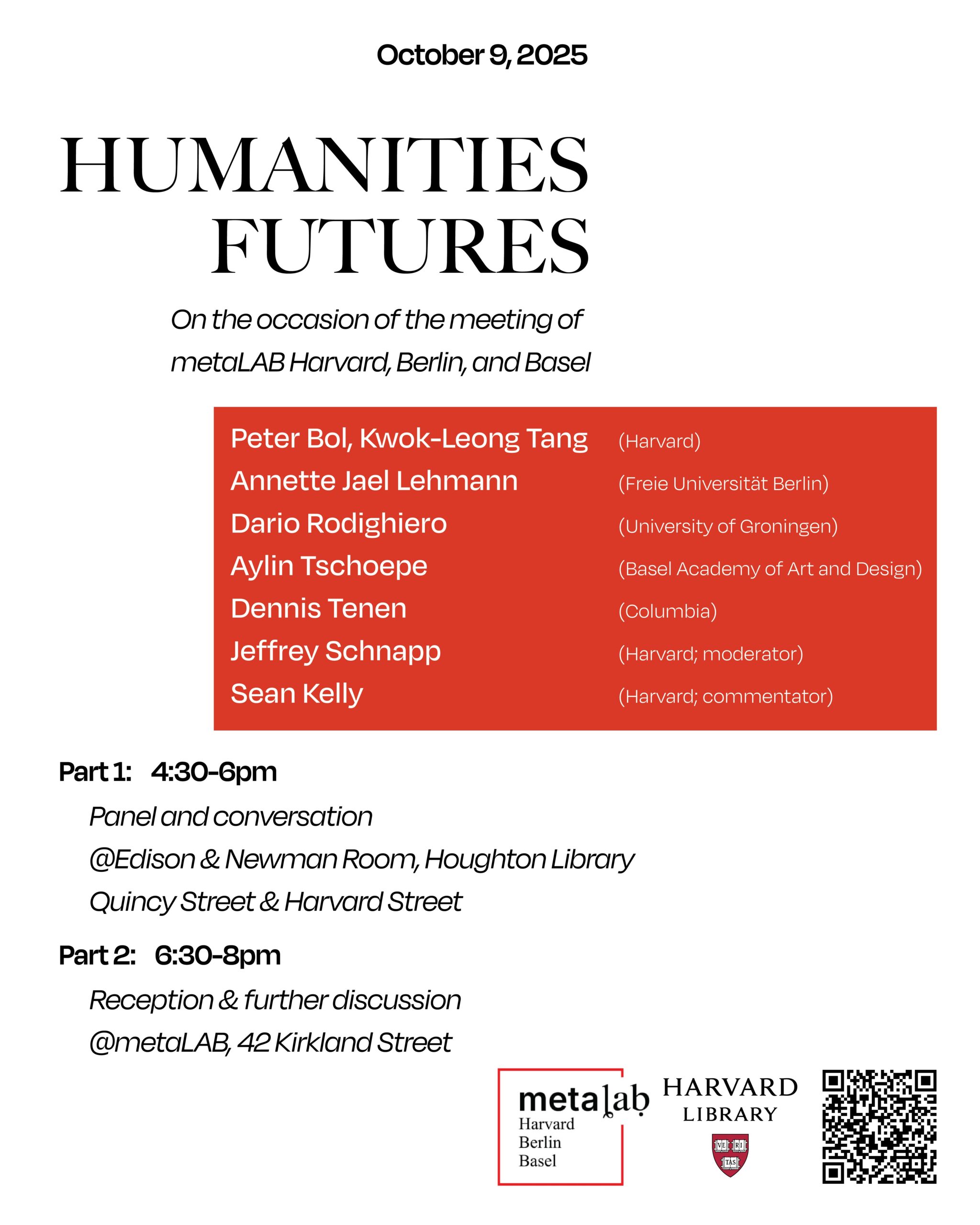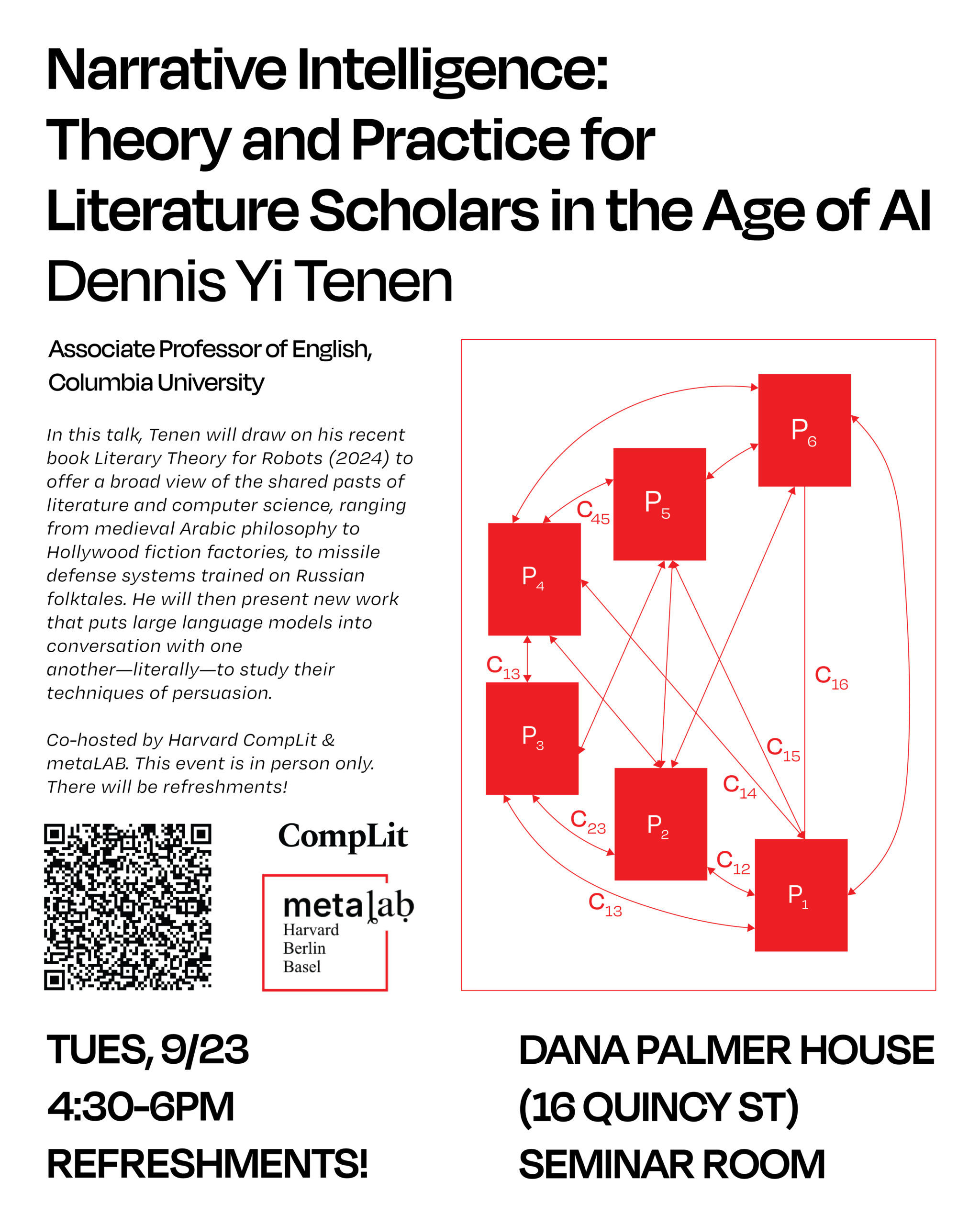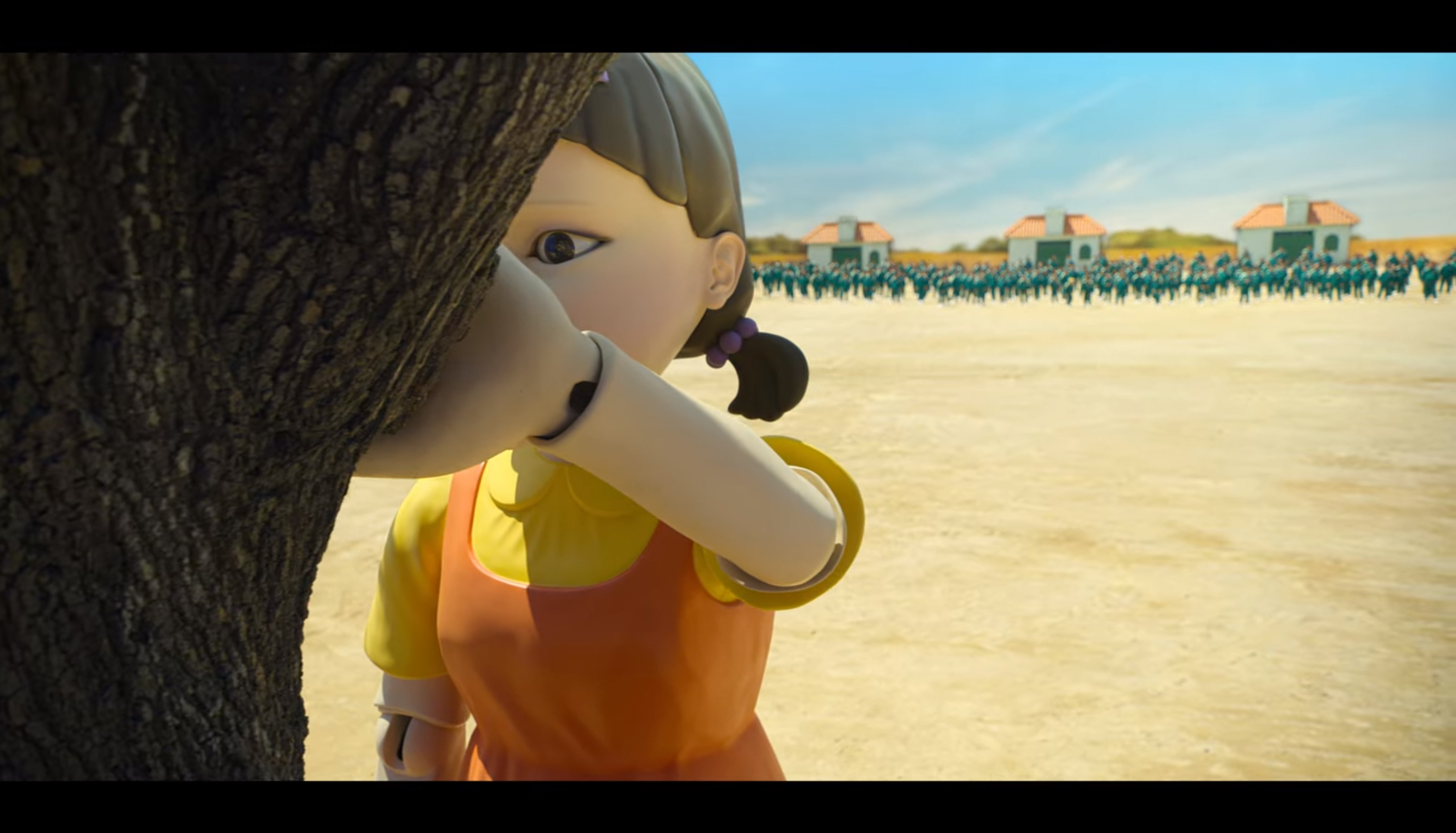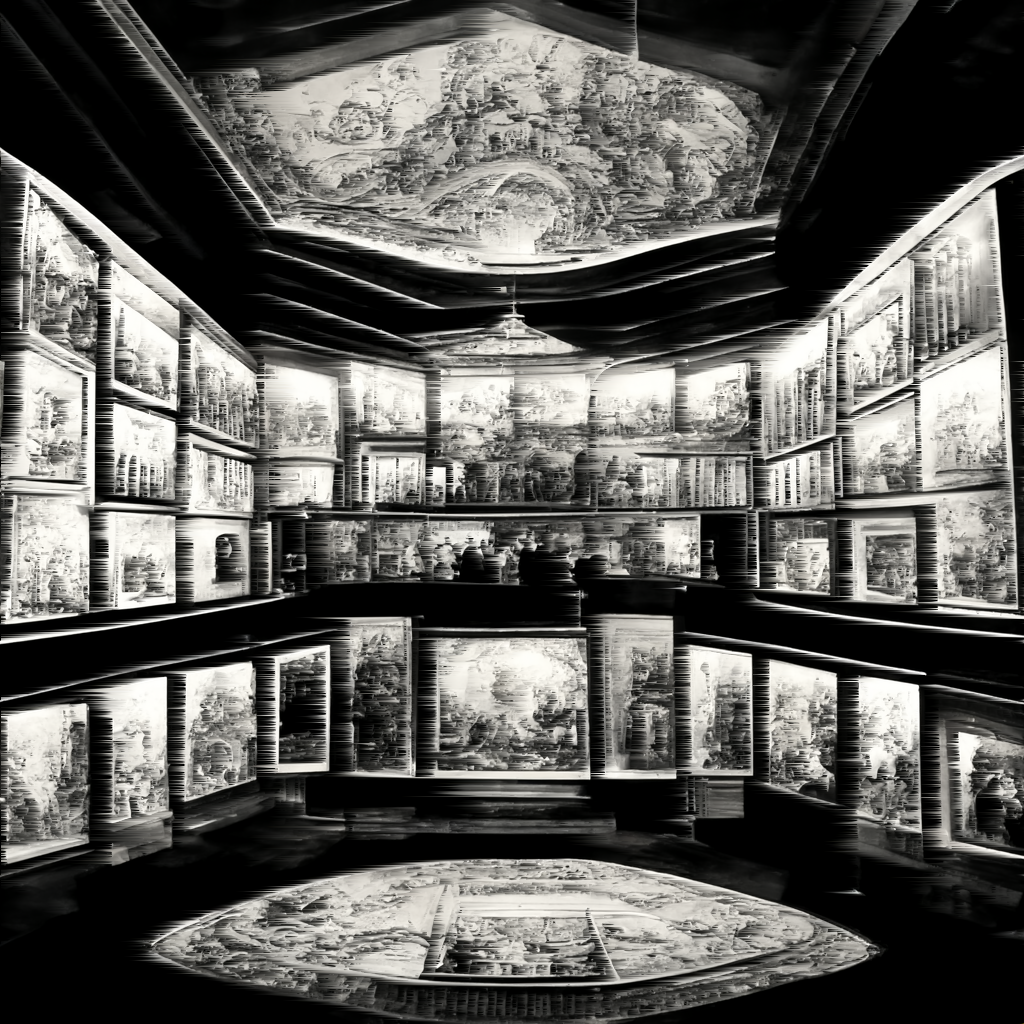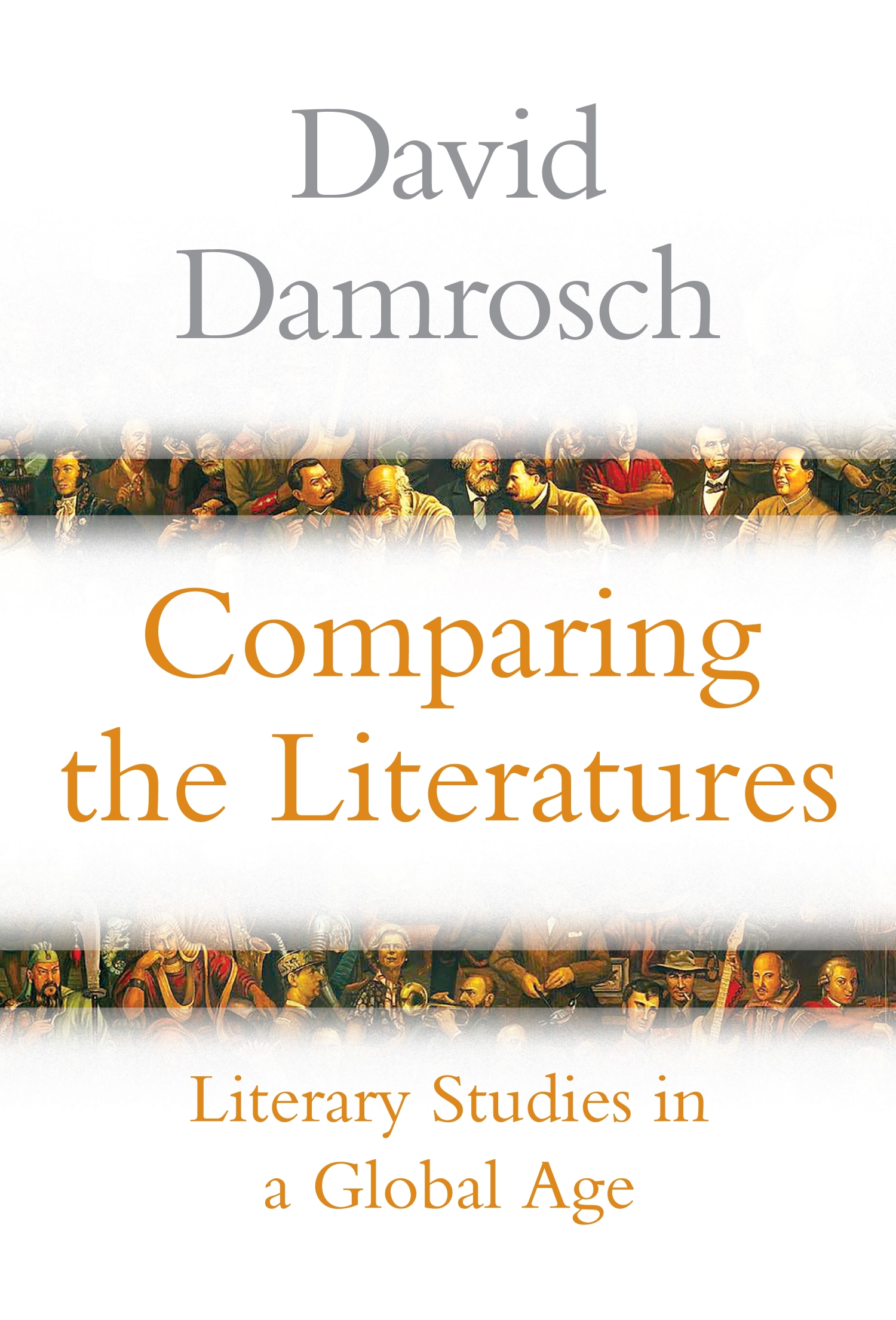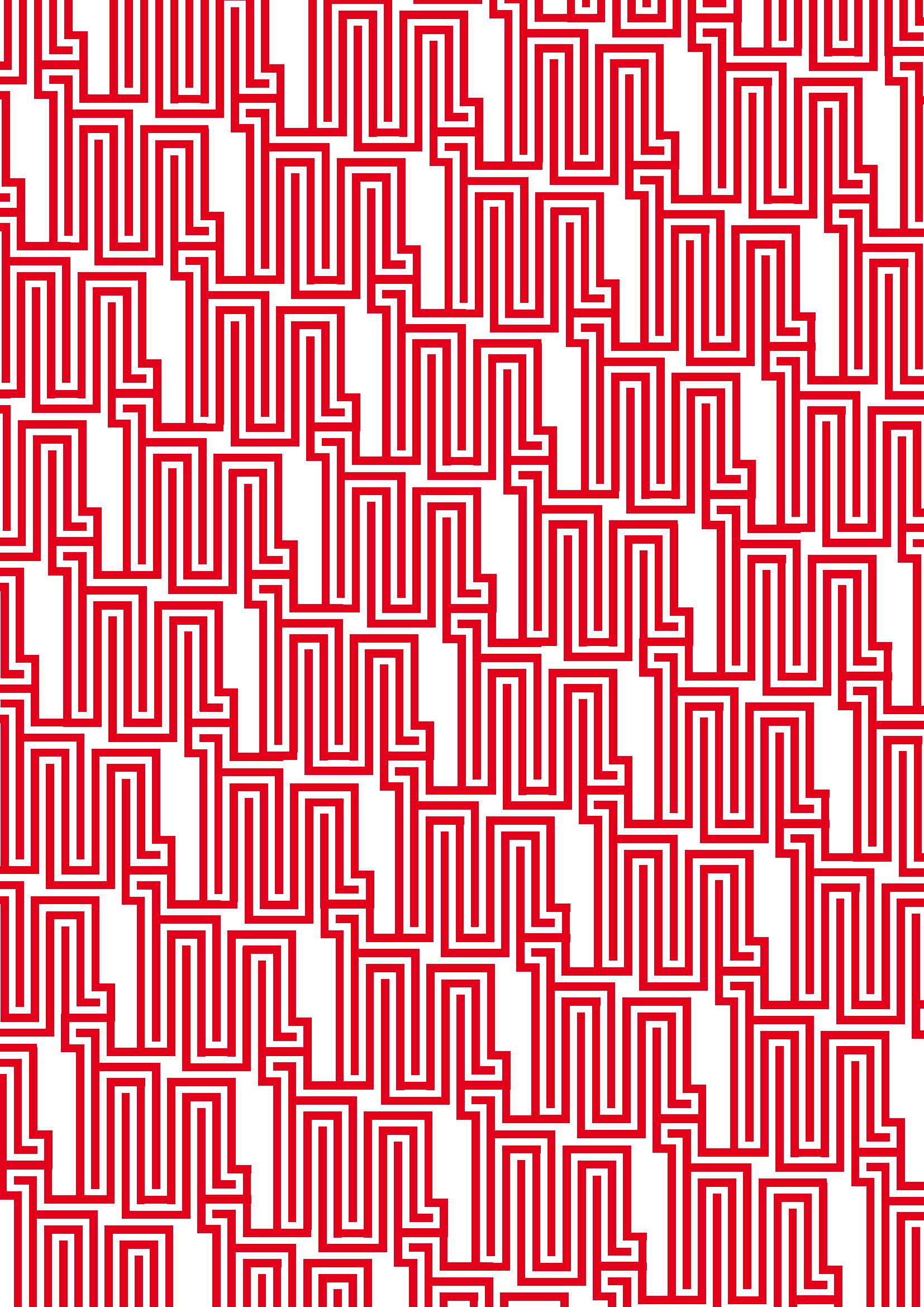In this class, we will explore over three thousand years of literature about what it means to create and live with artificial intelligences. In the process, we will address urgent questions about the purpose of work, the nature of love, the limits of agency, and the essence of creativity. At the same time, we will ask whether literature itself might constitute a kind of AI, with its vast repository of data about human experience and its variety of forms for recombining them–noting that, at least since Alan Turing, computer scientists have treated imitation or mimesis of human language as a key test of their machines.

